This article is about the way we think and act in this globalised era of time by using the example of Czech market versus the Greek. After 10 years in the Greek market and almost two and a half years in the Czeck one, this article is about differences and similarities in the mindset of those 2 markets. Although it does not appear at first sight, those two countries may have enough things in common when it comes to their economic history. By understanding the past of a country we are able to understand the way it works today, realise how it approaches tomorrow and also comprehend the attitude of its people.
So when it comes to historical similarities we may notice that both countries have a past of “hurted” economies. The Communist past of Czech Republic in comparison with the Greek history (Turkish/German occupation of the country) provides us reasons to believe that it was not only the economy infected by the history but also even the most basic institutions. And this is the point where the similarities end.
There are two words that signify the differences of the two current mindsets, “past” and “trust”.
Past
For the first one, by living in Czech Republic you may have the impression that the citizens of this country have accepted their past. This provides them of course the opportunity to focus on the present and the future of their country. New business ideas and innovation are all around. You may even hear some people complaining that “We do not innovate enough” or that “The state does not focus on our future as much as they should”.
On the other hand, when it comes to the current mindset in Greece, I am under the impression that people have not really overcome their past habits (something that surprisingly they were forced to, after the COVID-19 outbreak). Till recently words like home office or parental leave, were considered part of science fiction for the biggest part of the employed people in Greece. It appears that people have stayed committed to a past that it is not any longer available and most importantly it will not help them to move forward. By quoting the Ted speech “The two faces of Greece” by Alexis Papachelas, “Being focused only in the past is like driving a car, with your eyes at the back mirror the whole time, you are destined to crash”. It is out of question that practises and mindsets should be reconsidered.
Trust
The second word is “Trust”. In Czech Republic, when it comes to business level, you may feel that there is a highly developed feeling of trust in between the employee and the employer, the customer and the company or even a sales person and the customer. There is not a doubt that, what has been agreed will take place, that any particular problems will not be mentioned or that one of the two sides will not be held responsible for any defect. That is exactly the reason and the base of trust.
In comparison with this, in Greece, you may feel that this feeling is not enhanced enough. After almost 10 years of economic crisis, business relationships are more destroyed than ever. Relationships in between vendors and companies, companies and employees have been seriously affected, both ways. We have to realise that trust is one of the basic pillars in an economic system. And in the Greek case, trust is something that has to be also developed and enhanced by the state.
What is all this past and trust thing about? Does is has anything to do with business? Yes it has!
Two, quite small countries, both located in the same economic region of Europe and yet with significant differences in terms of mindset, attitude, communication and cooperation.
To successfully penetrate a market, a company has to make its homework and to learn about the history, culture and situation of each market and its people.
In order to take cultural particularities into account, cooperating with local partners always leads to much better results in comparison to a generic approach by distance.

